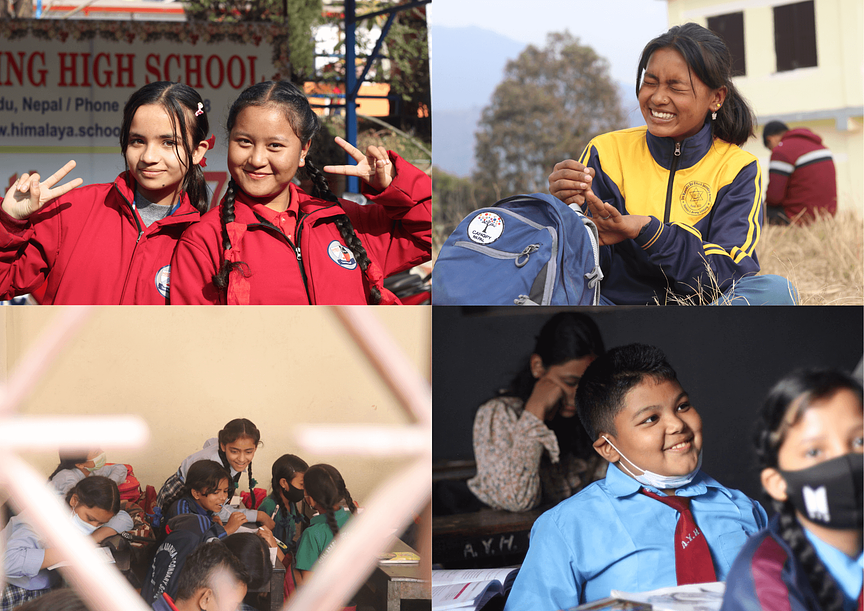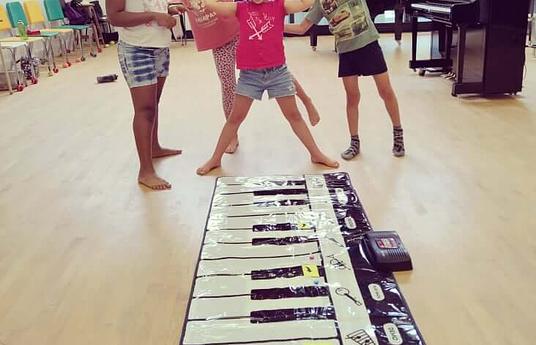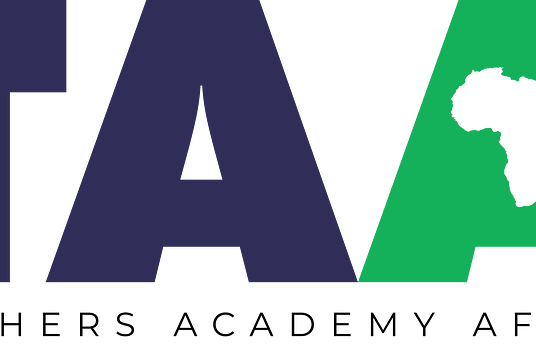In Nepal, only 27% of students complete the upper secondary level, and others drop out before their final year because of affordability, distance, and poor-quality schooling. The students impacted are disproportionately low-income, perpetuating the cycle of poverty by hindering their opportunities to become financially and socially independent.
For equitable access to education, we have the Canopy Nepal Scholarship Program (CANSHIP), an educational scholarship program that ensures educational accessibility to students from less privileged backgrounds by supporting them with basic educational necessities. Along with academic support, the program takes a holistic approach to the scholar's overall well-being through psychosocial support, nutritional meals, parent-teacher engagements, training, and skill enhancement workshops to help them become independent individuals and live financially sustainable lives. Through this, all our scholars have completed their education without dropping out.
For the promotion of interactive learning in classrooms, we have the Learners’ Hub, which emphasizes implementing interactive learning to lead students into becoming independent learners and thinkers by equipping them with soft skills, leadership, and confidence, essential to making self-sustaining, informed decisions and engaging with society on prevailing issues.
Our annual Buneka Katha magazines are a compilation of the stories these students write. Additionally, individual report of the students shows their growth in both programs.
We have been able to support the education of 225 students who otherwise were about to drop out of school and college. Similarly, we have worked with about 21000 students to promote interactive learning across Nepal, where they enhance their soft skills and engage in safe spaces to share their stories, perspectives, and narratives. We have sister organizations, Canopy France and Canopy USA, that work tirelessly to help Nepali children receive access to quality education through fundraising events and networking. Our goal for the upcoming years is to add 15 scholars every year so they can continue their education up to undergrad, and find job placements and opportunities. We aim to work with half a million students in Nepal by 2030.
The best way to implement our program in other schools, for the interactive sessions, would be to collaborate with us. We would conduct a pre-evaluation with the students, understand their learning levels through our pre-defined monitoring and evaluation system, and then would then appoint our facilitators to conduct our program.
For scholarship, we would be able to share a similar model with the interested people, organizations, and institutions, and they can provide scholarships and mentorship accordingly. Contact the Directors & Managers via our website.



